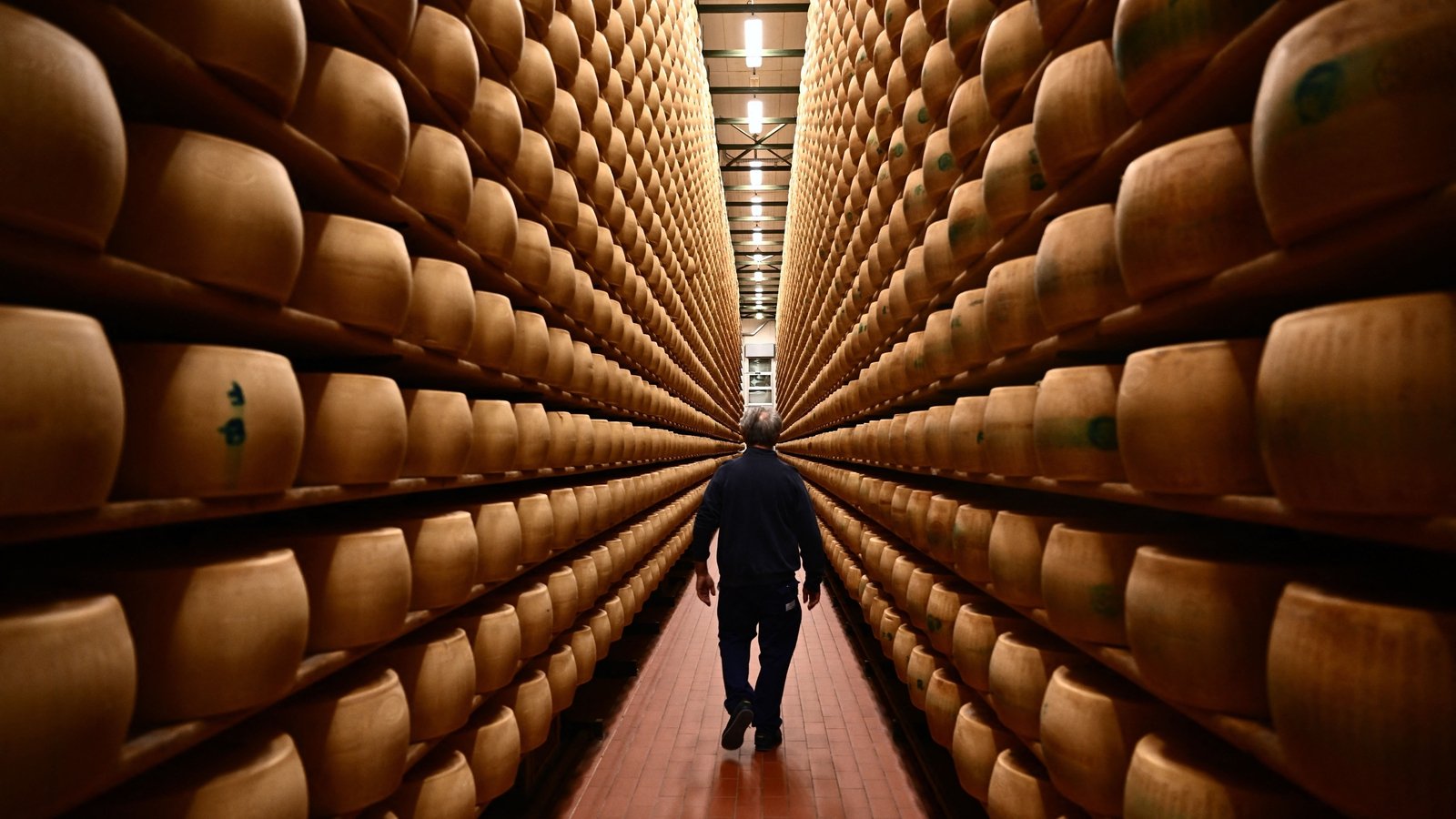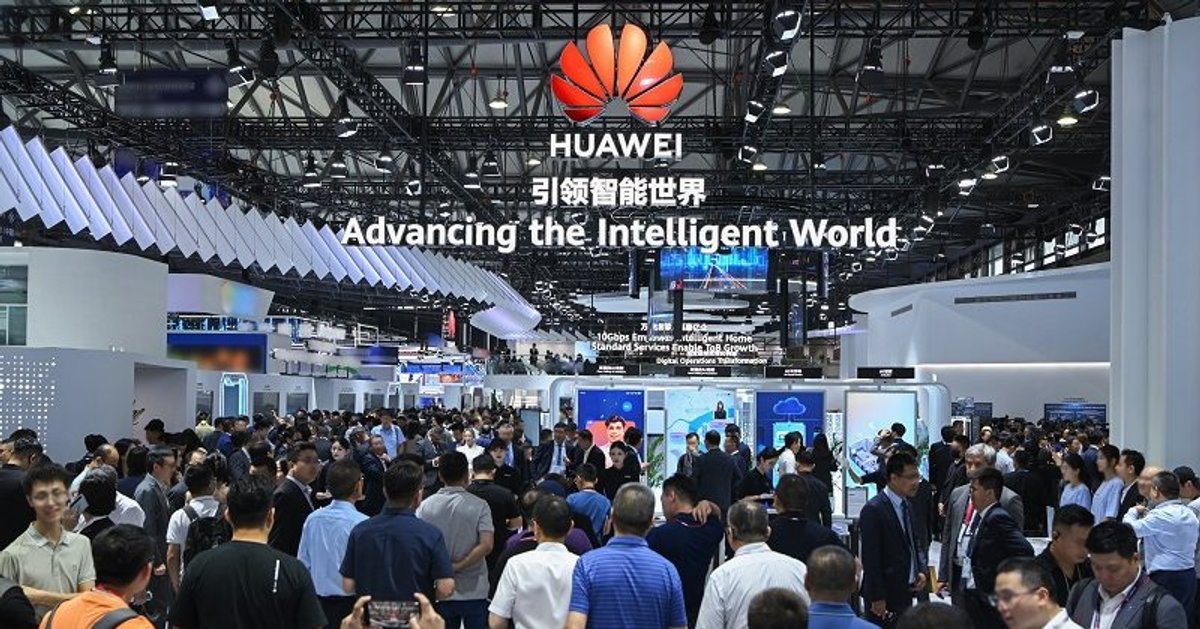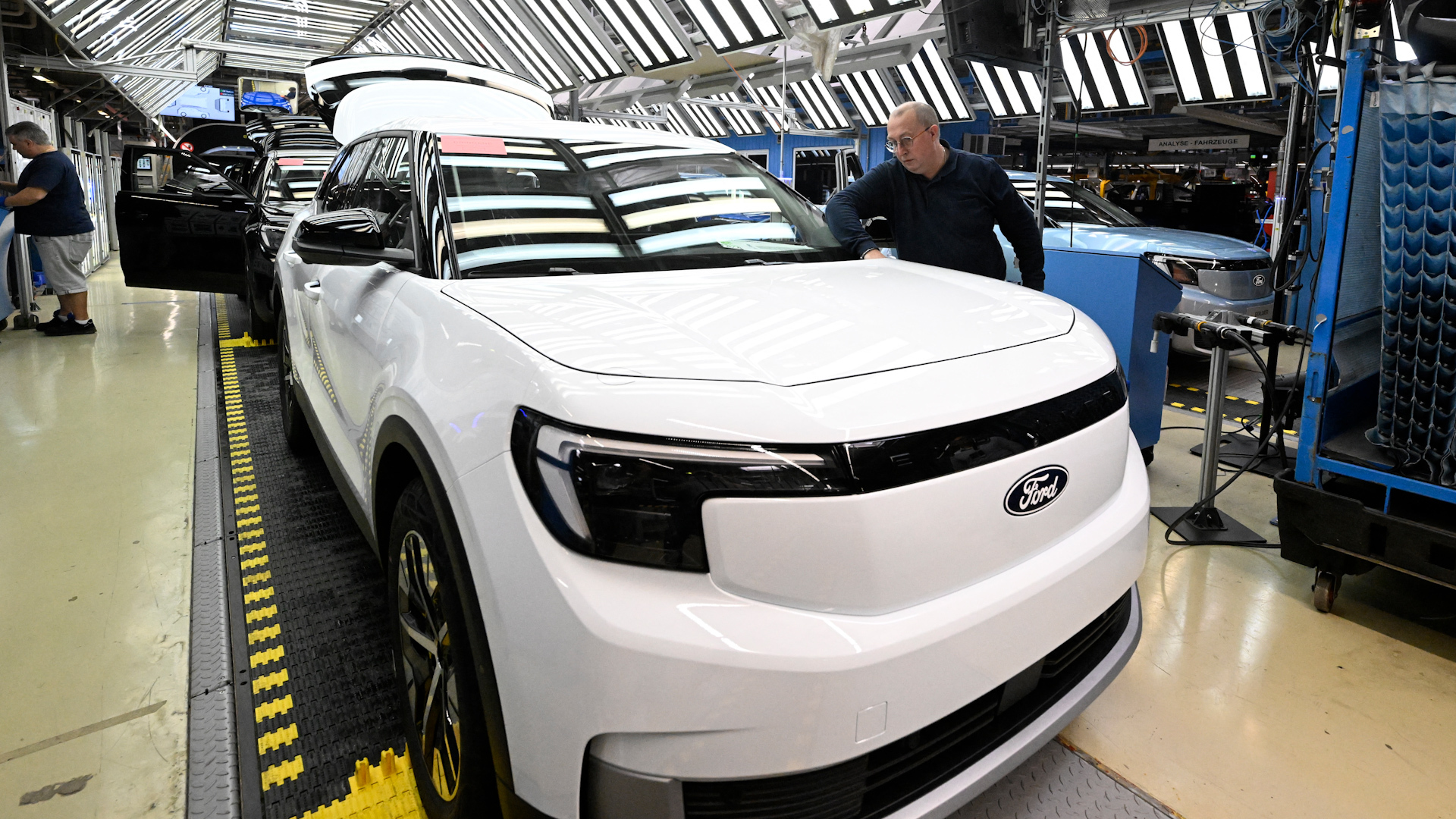Bussiness
Europe vows to defend dairy in face of Chinese probe

The European Commission has vowed to stand up for Europe’s dairy sector, a day after it was targeted in the latest anti-subsidy investigation by Beijing.
The Chinese probe, announced after the EU confirmed its plan for hefty five-year tariffs on Chinese electric vehicles, covers a range of items from fresh cheese and curd to blue cheese, including some milk and cream.
“The commission will firmly defend the interests of our dairy industry and of our Common Agricultural Policy,” spokesman Olof Gil told reporters, promising “all necessary actions to ensure that this investigation fully complies with all relevant World Trade Organisation rules.”
The Chinese probe takes aim at subsidies provided to the EU’s 27 member states under the CAP, but also national subsidy plans in Ireland, Austria, Belgium, Italy, Croatia, Finland, Romania and the Czech Republic.
Concerning both the CAP and national systems, Mr Gil said “the commission is confident that these subsidy schemes are in line with international rules and are not causing injury to the Chinese dairy industry.”
He said the commission would be following proceedings very closely in coordination with the EU dairy industry and member states.
The EU exported €1.68 billion of dairy products to China last year, according to Eurostat data.
Of that, €420m came from Ireland.
The probe’s launch came a day after the commission said it planned to slap five-year import duties of up to 36% on Chinese EVs, unless Beijing can offer Brussels alternative solutions to end their row over state subsidies.
Brussels already hit EVs imported from China with hefty provisional tariffs last month – on top of current duties of 10% – after an anti-subsidy probe found they were unfairly undermining European rivals.
China has filed a WTO appeal over the EV tariffs.
The EU Chamber of Commerce in China – an independent body recognised as the official voice of European business in China – said the probe came as little surprise in the wake of the imposition of import tariffs on Chinese EVs.
“Regrettably, the use of trade defence instruments by one government is increasingly being responded to seemingly in kind by the recipient government,” the chamber said in a statement.
In addition to taxing Chinese EV imports, Brussels has launched a raft of investigations into what it believes to be market-distorting Chinese subsidies for a range of transport and green energy firms.
Beijing, for its part, has begun its own probes into imported European brandy and pork.










